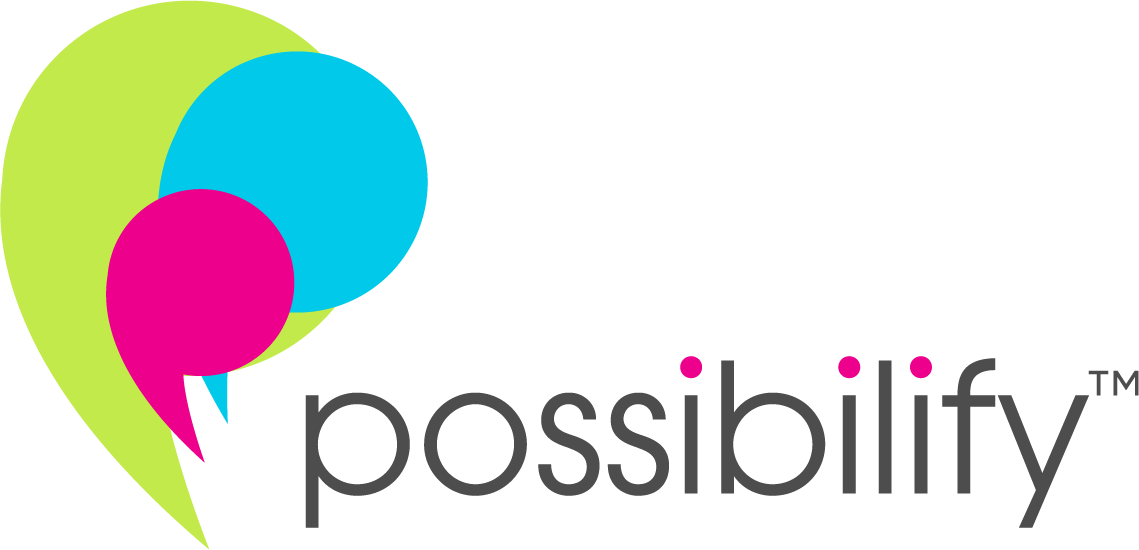- Anti-Racism Tip #8: If It Needs a Disclaimer, Don’t Say It - October 18, 2022
- On Tender Moments that Take Us By Surprise - May 18, 2022
- Finding Creative Ways to Exercise During the Pandemic - April 29, 2022
Lately I have been reflecting a lot on the problem of dissonance. Todd Henry talks a lot about dissonance in his book The Accidental Creative and in his podcast episode: “How Dissonance Steals Your Creative Edge” and it really got me thinking about the potential negative impacts dissonance can have on people’s lives.
Dissonance arises where a person’s actions are inconsistent with their deeply held beliefs. And the problem with dissonance is that it leads to all kinds of stress and discomfort – intellectual, emotional, physical and spiritual.
Todd Henry also points out that consonance and dissonance are common concepts in music (so for those musicians out there – this will sound familiar…). Consonance describes successive musical sounds that are associated with sweetness, pleasantness, and acceptability while dissonance is associated with harshness, unpleasantness, or unacceptability. So dissonance is a bit like ‘nails on a chalkboard’ and actually creates discomfort in our spirits, minds and bodies.
At both an individual and collective level, there can be forces that create dissonance for us that may seem beyond our control. Individually, circumstances can change and challenge our abilities to act in ways that align with our integrity and morality. For example, as a government employee, if the government changes and the core values of that newly elected government contradict the core values you hold dear, this can create dissonance. You may become faced with daily choices about whether to act in accordance with government directives that may create tension with your deeply held ethical and moral values.
This is exactly what happened for Jordon Dyrdahl-Roberts, who decided that he would not contribute to the effort to gather information to help United States immigration police arrest undocumented immigrants. Rather than carry out these directives, Mr. Dyrdah-Roberts decided to quit his job as a Montana State employee. His justification for doing so was, in his words, “I want to be able to look my child in the eye.” The directives caused too much dissonance between Mr. Drydahl-Roberts’ deeply held beliefs and what he was being asked to do in his job.
Similarly, at a collective level, we, as members of the larger society, can be challenged by the societal priorities or government decisions that are made in our names. We may know, for example, that we’re headed for an environmental crisis but our social, economic and political structures are built around industries that denigrate and damage the environment. We may object to children being separated from their parents at the border but not know what to do to pressure government to make different decisions. We may want justice and equality for all people and see that our governments do not make decisions that support this.
At a collective level, therefore, our governments can challenge our ethics and morals in ways that require us to reflect deeply about whether we can continue to support that government or we need to stand up against that government in the name of fairness, justice and human rights. We may have to think seriously about who we vote for and where we’ll draw our line in the sand and say: “This will not continue to happen on my watch”.
There are numerous examples of individuals and groups of people fighting to ensure consonance. They are fighting to ensure that their deeply held values are being embodied by the governments that represent them. They are walking off their jobs to make sure they and others are being treated fairly.
Lately, we have seen lately numerous examples of people protesting injustice across North America:
- Large groups of people have gathered (and continue to gather) to fight against pipelines that create a significant threat to waterways and ecosystems (read this article about my amazing Aunt Char who was thrown in jail for a week for her participation in the TransCanada Pipeline protest).
- Large groups of people gather to protest government decision-making that they feel is anti-democratic.
- Just this week, large groups of students in the United States walked out of class to go vote or support their classmates to exercise their rights to vote.
These are people acting in consonance with their values.
In thinking about dissonance and consonance, I have realized that dissonance has the ability to create an extremely unhealthy environment for us. Now it’s clear that not every circumstance is under our control when it comes to creating consonance. But there are a lot of choices we can make in our lives that support alignment between our deeply held values and our actions.
Personally, I try my best to create consonance between my deeply held beliefs and my actions. I have deliberately taken jobs that align with my values, ethics and morals. I try to instill values of equality, fairness and justice in my children. I’m deliberate in constantly reflecting on whether my actions and decisions align with my deeply held beliefs.
Recently, I have been working on creating more consonance between the products I purchase and my deeply held beliefs. There are always ways to continue to improve consonance in our lives. In making a commitment to live in a state of consonance, it can help guide daily and life choices to support alignment between one’s beliefs and one’s actions.
So consider the concepts of consonance and dissonance in your life. Start by identifying your deeply held beliefs and then assess whether your actions (i.e. your job, the values you live by and instil in your children, the products you buy) are aligned with those values.
So mind your dissonance. If you’re orange inside, be orange on the outside. I guarantee that by aligning your deeply held values with your actions, you’ll be healthier and happier in your mind, body and spirit.
We would love to hear your thoughts – post a comment below! And if you enjoyed this article share it!
If you liked this article, check out:


Thanks, Kirsten for including me in this thoughtful article. You are so right that we must allow a limited amount of dissonance in our lives before we act. We act not only for a better future for those who will come after us, but for our own mental and physical well-being. I understand this more deeply as I age. I read this quotation in the novel, “Invincible Summer”: “You are what you do. Not what you think, not even what you say you’ll do, but what you actually do.” These words resonated in me when I was released from prison on Aug. 19, 2018 along with 4 other women, the Sinister Seniors. The wildfire darkened skies made me wonder when people would make the connection and believe that climate change is for real.
Thanks for this thoughtful reflection on this article. When I was writing it, I was thinking of you and how you have always, along with my Mom and Dad, shown the way to stand your ground and hold true to your deeply held beliefs. I am lucky that I have been able to have a strong, female role model like you who exemplifies living your deeply held beliefs through your actions!